
Have you ever thought about how astronauts survived in space for many years? What do they eat in space? Or what is their diet chart in space? Well, there were several questions that were running into our mind about the astronomy.
We must thank the Internet and Google, which helped us in knowing some unknown and hidden facts that we even can’t imagine!
As there is no air in the space, therefore, every piece of hardware launched in the space designed accordingly so that it’s weight and volume would not become trouble.
Also, the food for astronauts is not same in Space as what do we eat on Earth.
Before telling you the details, do you know the weight limit that can be taken to space?
As per the reports, the weight allowed for food is limited to 1.72 kg per person per day and out of the total weight, 0.45 kg is the weight of packaging.
The reason behind this is that the food of astronauts requires special processing and packaging the food according to the zero of gravity of space.
The food sent to space is already pre-cooked or already processed, therefore, there is no need to refrigerate the food.
Except fresh fruits and vegetables are packaged in the special bags, which can be eaten by astronauts within 2 days. There are different types of food for astronauts which are prepared by special preservation methods for our space heroes.
Check out the types of foods that can be eat-in space:
1. Chocolate-covered nuts can be eaten in space
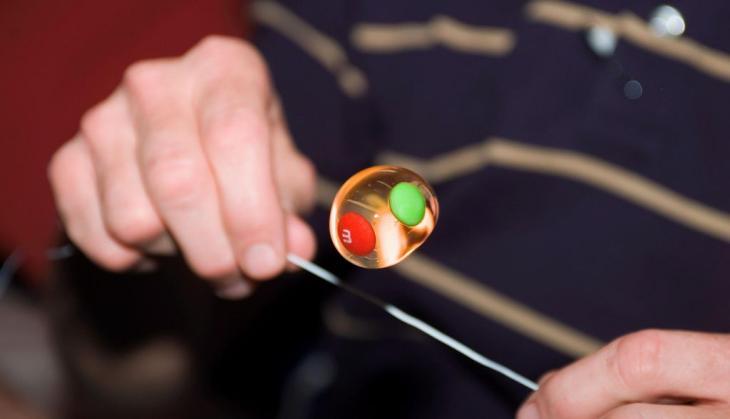
2. Yogurt:
Astronauts can eat yogurt as it is rich in Calcium. Astronauts can also choose the flavors like blueberry, raspberry, peach and strawberry.
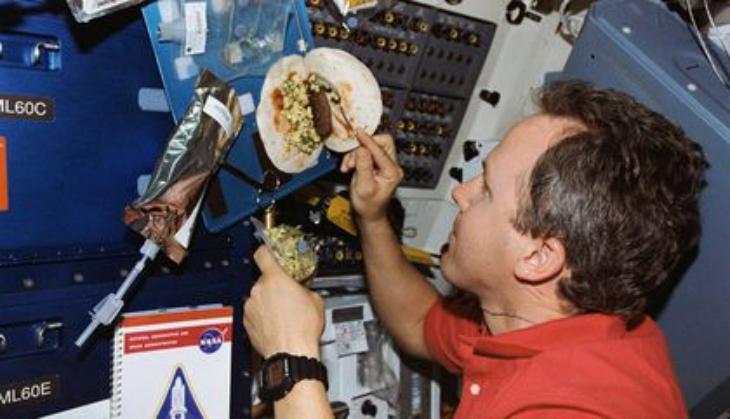
3. Beverages:
Astronauts can carry powder mix forms likewise, beverages served in flights, what astronauts have to do is to mix the powder with hot water to make a coffee!

To read more interesting Science stories, stay tuned with catchnews.com.
First published: 4 March 2019, 14:01 IST

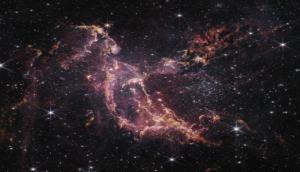
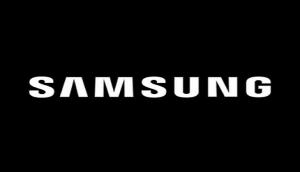

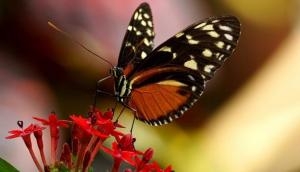

![BJP's Kapil Mishra recreates Shankar Mahadevan’s ‘Breathless’ song to highlight Delhi pollution [WATCH] BJP's Kapil Mishra recreates Shankar Mahadevan’s ‘Breathless’ song to highlight Delhi pollution [WATCH]](https://images.catchnews.com/upload/2022/11/03/kapil-mishra_240884_300x172.png)

![Anupam Kher shares pictures of his toned body on 67th birthday [MUST SEE] Anupam Kher shares pictures of his toned body on 67th birthday [MUST SEE]](https://images.catchnews.com/upload/2022/03/07/Anupam_kher_231145_300x172.jpg)






